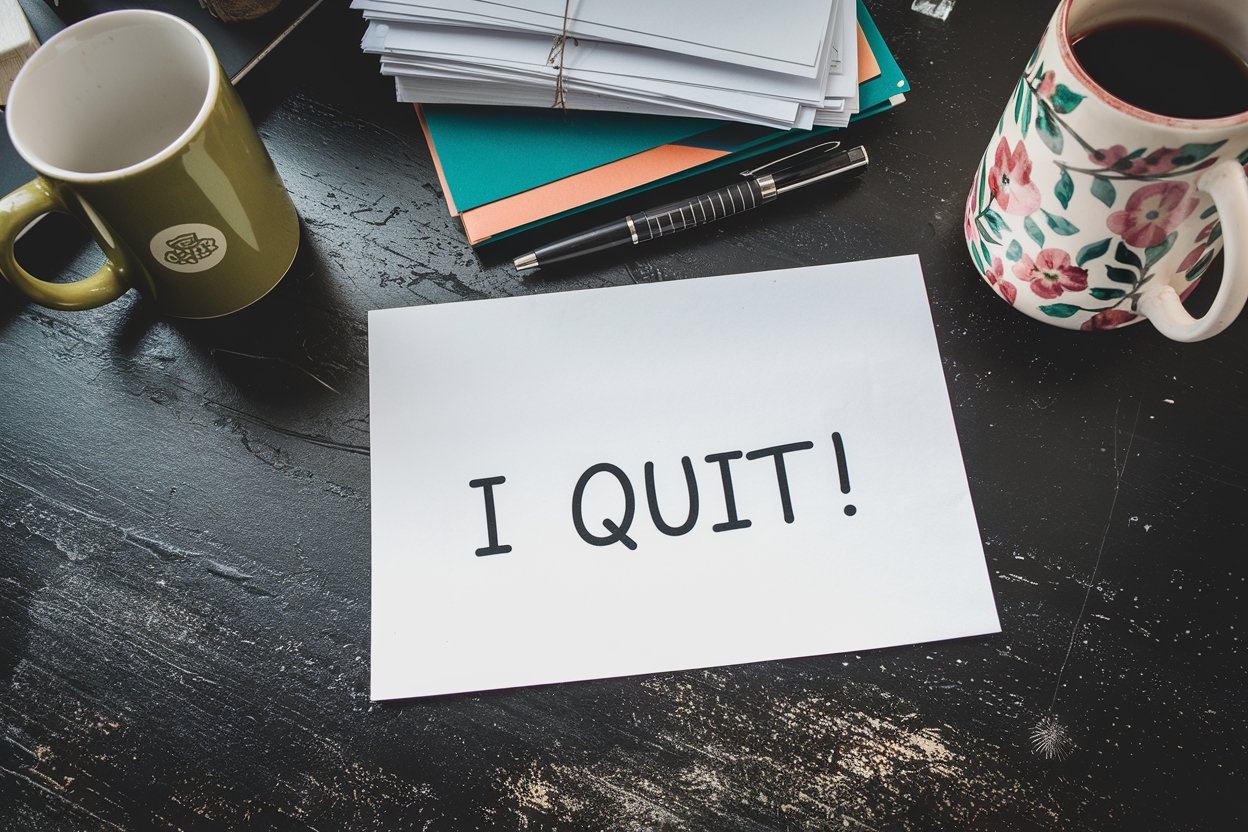
Deposition
A deposition is an important part of the legal process where someone gives their official statement under oath, but outside of court. It's like a formal interview where lawyers ask questions to gather information before a trial. This testimony is recorded word-for-word by a court reporter and can be used later in court. Legal professionals often need to handle depositions, whether by taking them (asking questions), defending them (representing the person being questioned), or preparing clients for them. This is a crucial skill in civil litigation and many other areas of law.
Examples in Resumes
Conducted over 50 depositions in complex commercial litigation cases
Prepared witnesses and clients for deposition testimony
Assisted senior attorneys in managing deposition schedules and coordinating with court reporters
Typical job title: "Legal Professionals"
Also try searching for:
Where to Find Legal Professionals
Professional Organizations
Job Boards
Professional Networks
Example Interview Questions
Senior Level Questions
Q: How do you prepare a difficult witness for a deposition?
Expected Answer: A senior legal professional should discuss strategies like mock depositions, reviewing key documents, explaining common tricks from opposing counsel, and teaching the witness about proper behavior and responses during testimony.
Q: How do you handle hostile witnesses during a deposition?
Expected Answer: Should explain professional approaches to maintaining control, proper objection procedures, when to go off the record, and strategies for getting necessary information while managing difficult behavior.
Mid Level Questions
Q: What are the key elements you need to arrange for a deposition?
Expected Answer: Should mention scheduling with all parties, arranging for a court reporter, securing a location, ensuring proper notice, organizing exhibits, and preparing necessary documents.
Q: How do you properly mark and handle exhibits during a deposition?
Expected Answer: Should explain the standard procedure for numbering exhibits, making copies for all parties, proper introduction of exhibits into the record, and maintaining organization throughout.
Junior Level Questions
Q: What is the purpose of a deposition?
Expected Answer: Should explain that depositions are used to gather sworn testimony before trial, lock in witness statements, and discover new information that might be useful for the case.
Q: What are the basic rules for conducting a deposition?
Expected Answer: Should mention that testimony is under oath, the importance of having a court reporter present, allowing for objections, and basic etiquette like not interrupting.
Experience Level Indicators
Junior (0-2 years)
- Basic deposition scheduling and coordination
- Preparing deposition summaries
- Organizing exhibits and documents
- Taking notes during depositions
Mid (2-5 years)
- Witness preparation
- Managing multiple depositions
- Handling exhibits professionally
- Writing comprehensive deposition summaries
Senior (5+ years)
- Taking and defending depositions
- Managing complex multi-party depositions
- Strategic questioning techniques
- Training junior staff on deposition procedures
Red Flags to Watch For
- No understanding of basic deposition procedures
- Unfamiliarity with legal terminology
- Poor attention to detail in documentation
- Lack of experience with transcript review
Need more hiring wisdom? Check these out...

From Farewells to Future Allies: Transforming Exit Interviews into Lifelong Connections

Ghosted Again? How to Stop Candidates from Disappearing and Start Engaging Them Better

Stop the Turnover Epidemic: Proven Tactics Every HR Leader Must Know

